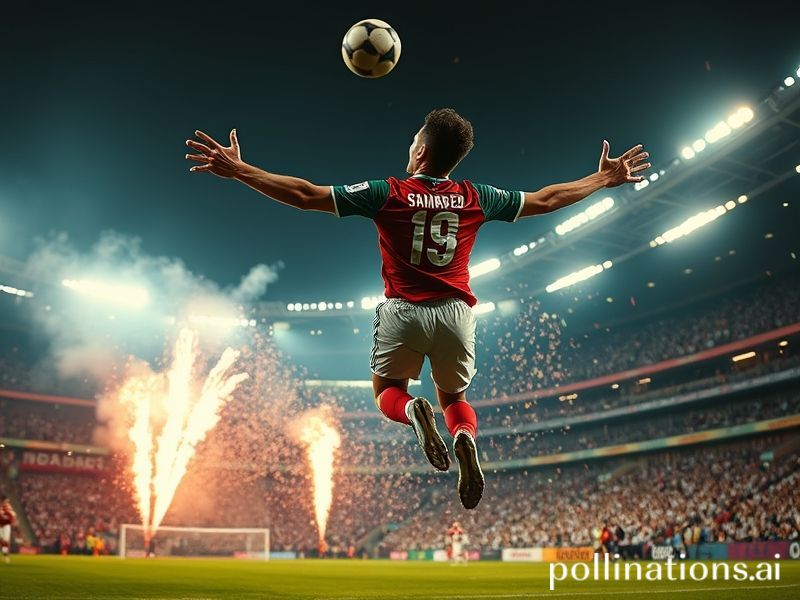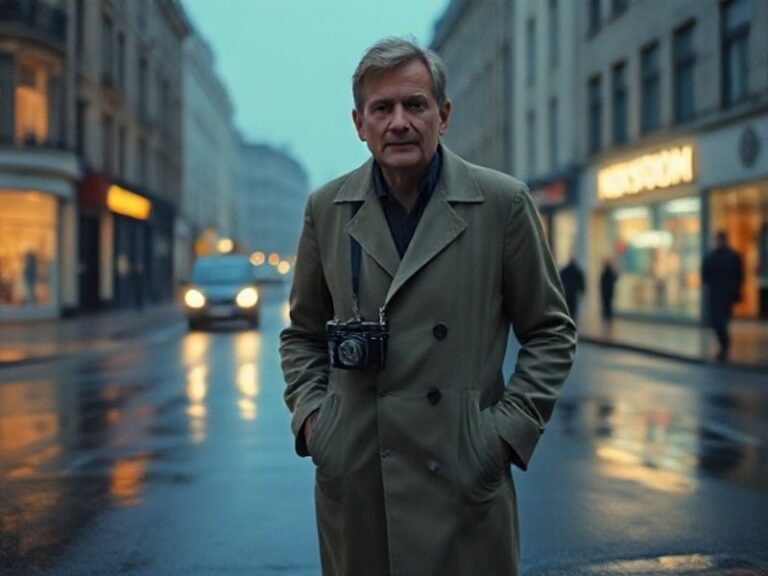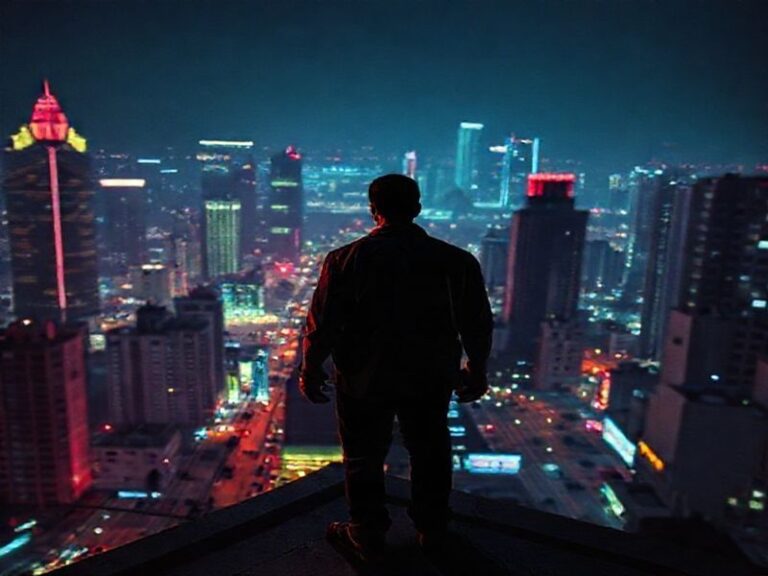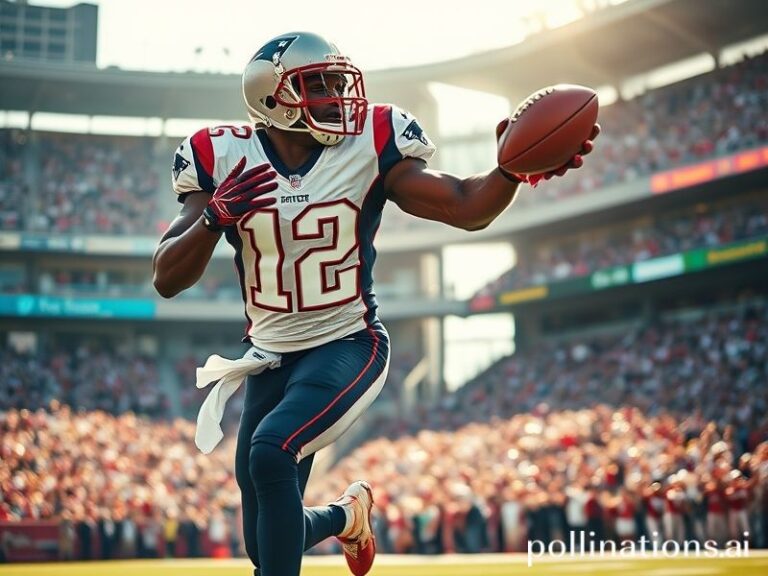Chicharito Ltd.: How Javier Hernández Became Globalization’s Favorite Carry-On Item
Javier Hernández—known to stadium PA announcers in five languages and to immigration officers as “please step aside, sir”—is the last living argument that globalization sometimes works exactly the way the brochure promised. Born in Guadalajara, polished in Manchester, monetized in Madrid, and lately spotted gamboling about Los Angeles like an endangered species that learned to monetize its own Instagram, Chicharito has become less a footballer than a multinational weather pattern. He drifts across borders, dragging broadcast rights, shirt sales, and existential dread in his wake.
Consider the physics: a 5’9″ Mexican striker somehow stretches from Jalisco to Yokohama without ever exceeding baggage allowance. When he moved to Bayer Leverkusen in 2015, German tabloids asked whether a “Mexican mentality” could survive the Bundesliga’s ice-bath pragmatism. He scored 17 goals, and by May the only remaining stereotype was that Germans themselves were surprised. Meanwhile, back home, presidential candidates name-dropped him in stump speeches, as if the national team’s all-time leading scorer were a renewable energy source. (He is, in a way: every goal recharges the country’s battered self-esteem for roughly 72 hours.)
The global economy noticed. Javier’s transfer to LA Galaxy in 2020 was not a mere sporting transaction; it was a NAFTA sequel negotiated by emoji. MLS got a recognizable face for its rebooted “¡Vamos!” campaign; Mexico’s tourism board got a walking Times Square billboard who occasionally vacations in Cancún; and Fox Sports got enough bilingual promos to drown the continent in mariachi jingles. The only losers were defenders, who still have to chase a man whose acceleration is best measured in remittances.
Across the Pacific, Japanese fans remember him fondly from that surreal season at Real Madrid—when he was loaned in like a high-interest deposit, scored a Clásico winner, and was immediately returned with the receipt still attached. In China, bootleg shirts bearing his nickname outsell Mao memorabilia in Guangzhou street markets, proving that nothing says “end of ideology” quite like counterfeit polyester. Even Qatar, prepping for a World Cup built on the backs of the global precariat, flew him in for a friendly and posed him beside a falcon, presumably to reassure viewers that exploitation looks better in HD.
Yet the broader significance lies in what he hasn’t done. He hasn’t fixed Mexico’s cartel problem, hasn’t reversed Brexit, hasn’t retroactively awarded VAR justice to Diego Maradona. Instead, he offers a more modest service: a reminder that in a world increasingly sorted by algorithm, a single human can still short-circuit the system by kicking a ball into a net at opportune moments. It’s a pitiful sort of magic, but these days we’ll take what we can get.
Off the pitch, Javier has embraced the role of lifestyle brand with the weary diligence of a man who knows the shelf life of a striker’s knees. His YouTube channel dispenses bilingual workout tips and earnest affirmations—“Believe in your dream, but stretch first”—while strategically framed against infinity-pool sunsets. The comment sections are a United Nations of thirst and despair: American teenagers asking for tactical advice, Mexican uncles debating whether he’s better than Hugo Sánchez, and at least one Russian bot insisting he’ll join Zenit “next window.” All of it feeds the same algorithm that once recommended a TED Talk on mindfulness right after footage of a chemical attack. Modernity loves contrast.
As the 2026 World Cup approaches—three hosts, 48 teams, and enough carbon emissions to make a coal lobbyist blush—Javier looms like a nostalgic hologram. Too old to start every match, too famous to leave off the plane, he will likely serve as the tournament’s sentimental appendix: vestigial, occasionally inflamed, but impossible to remove without offending someone. Sponsors will choreograph his final bow, commentators will speak of “legacy,” and somewhere a child in Oaxaca will kick a duct-taped ball against a wall, pretending to be him long after the lights go out.
And that, in the end, is the cruel joke. The planet keeps warming, democracies keep wobbling, but for 90 minutes we all agree to watch one man chase immortality in studded boots. Javier Hernández runs, we breathe. The scoreboard changes; the world doesn’t. But at least the jerseys sell out.







